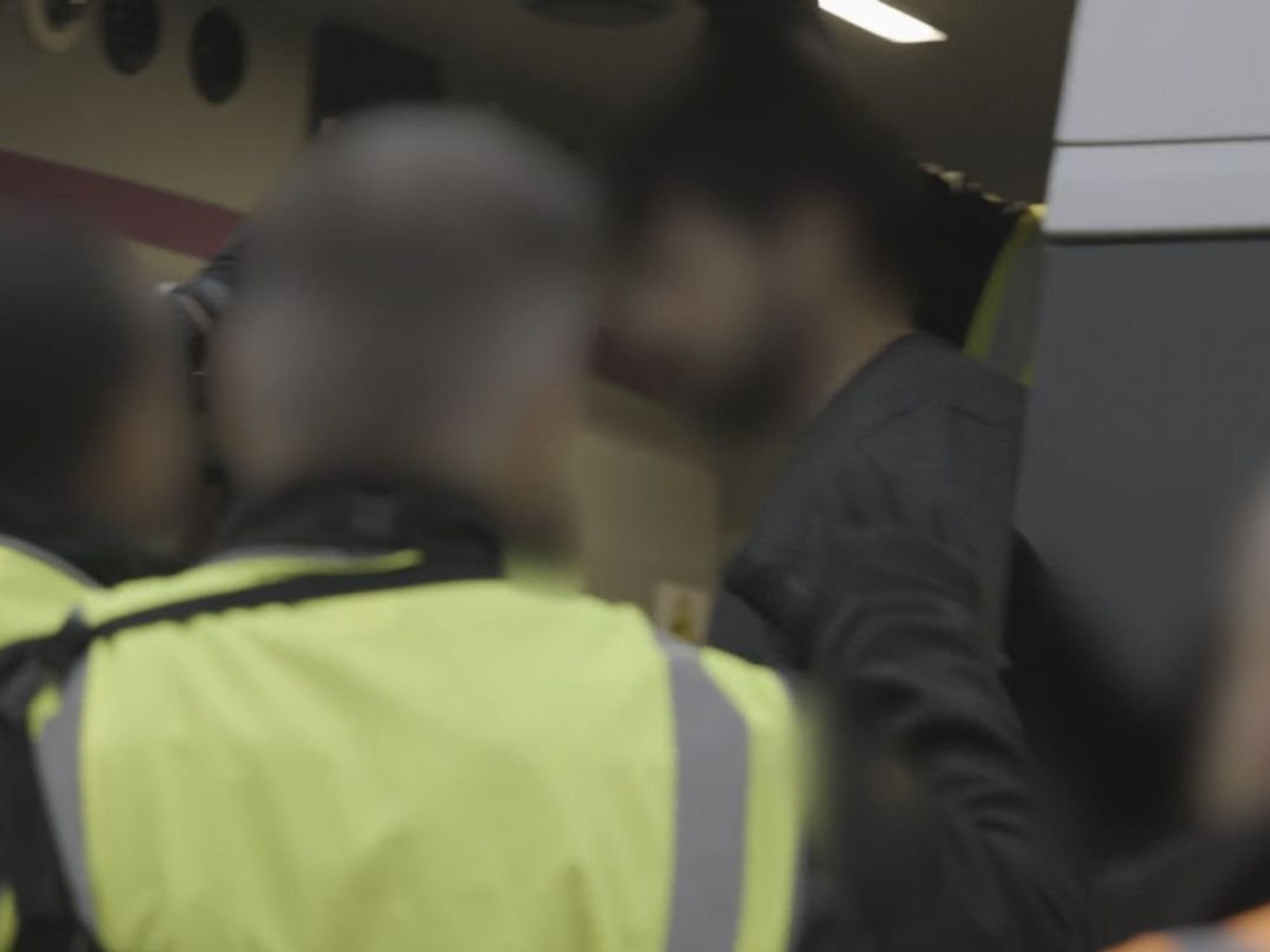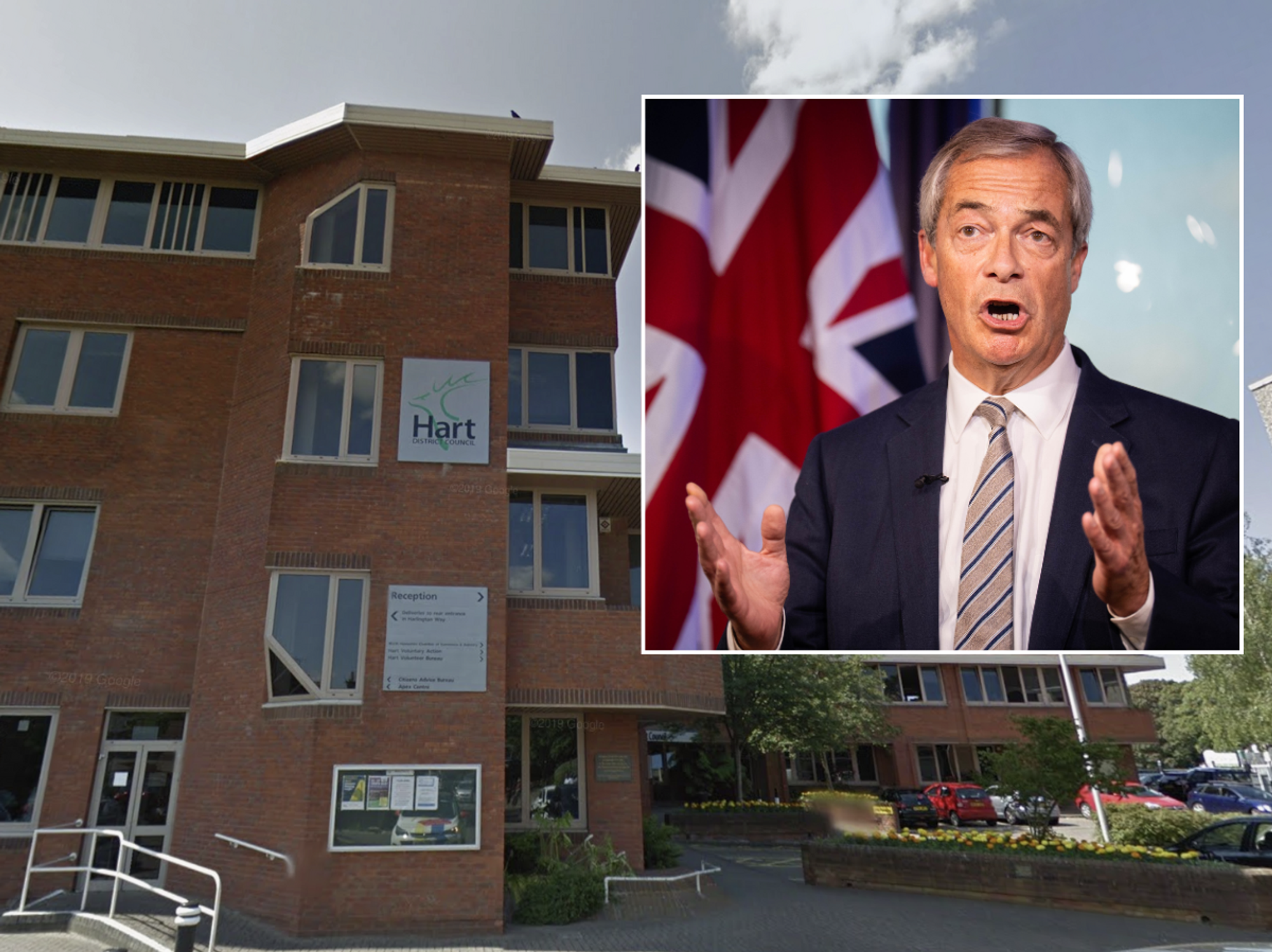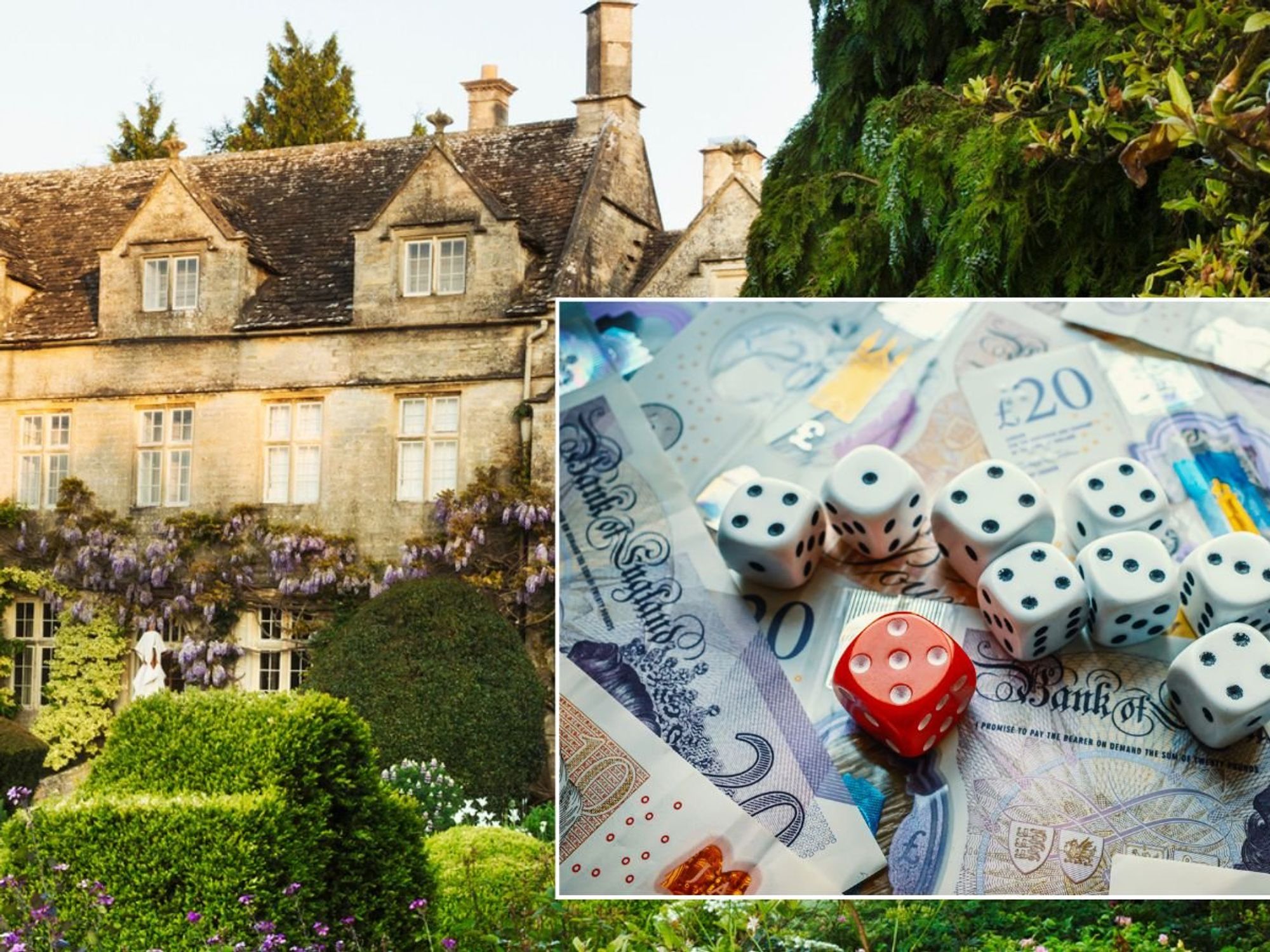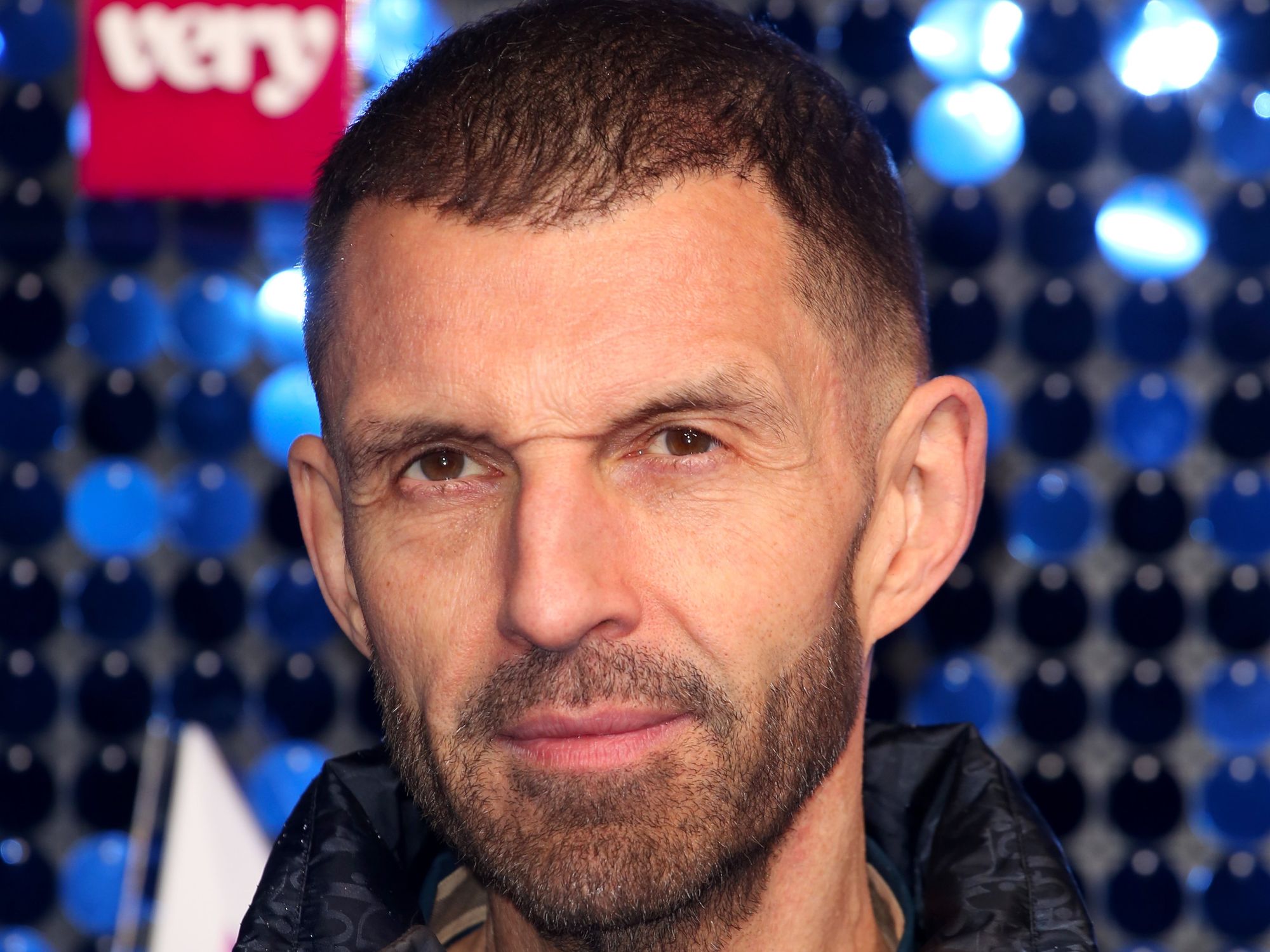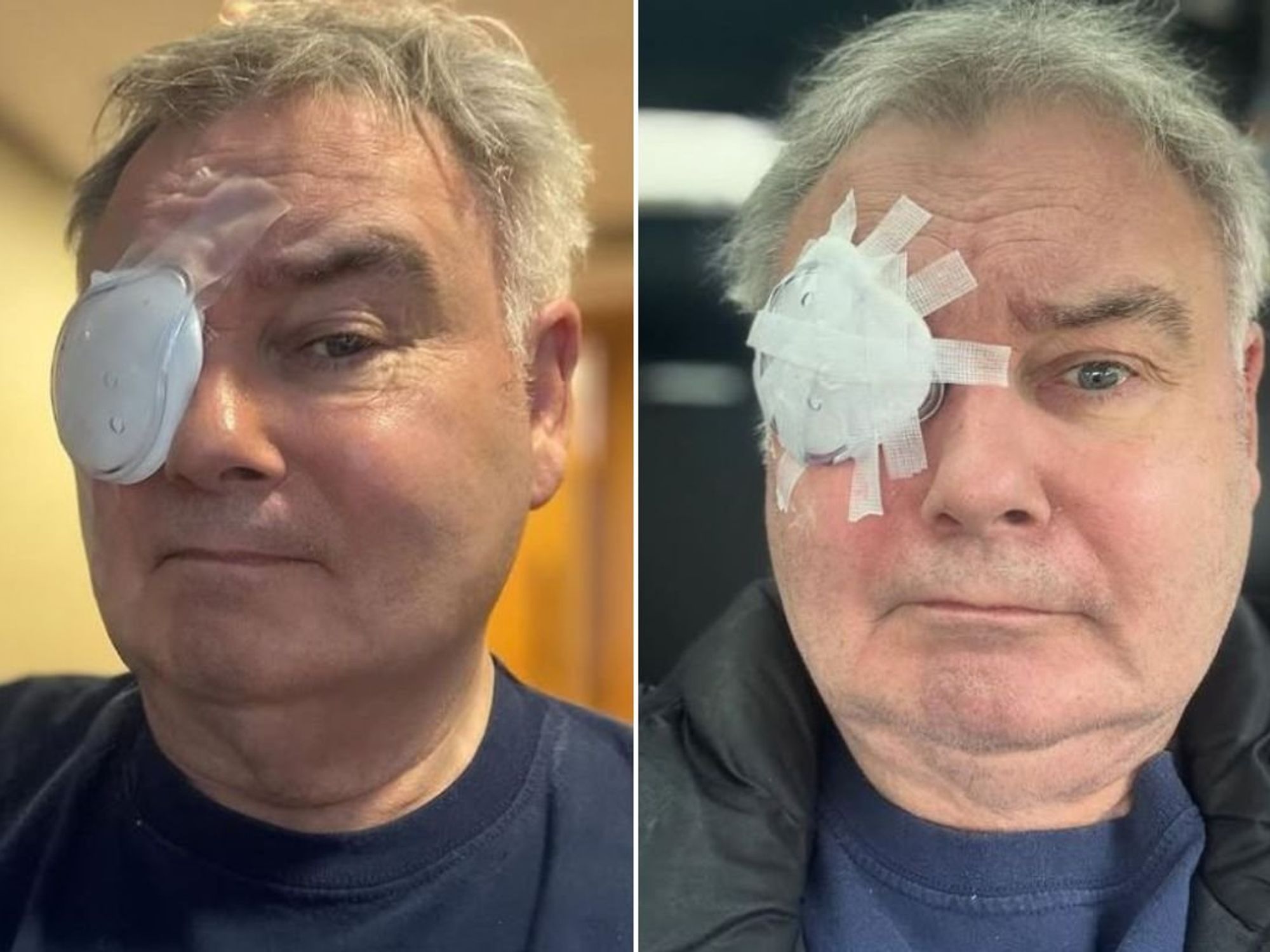Queen Camilla opens up on her father surviving gunshot to the face

Major Bruce Shand died aged 89 in June 2006
Don't Miss
Most Read
The Queen has spoken candidly about the harrowing experience of her father, Major Bruce Shand, during the Second World War.
She was speaking with 99-year-old war veteran Douglas Cracknell as the nation gathered to commemorate 80 years since the conflict’s end during VE Day on Monday.
Camilla’s father served in the 12th Royal Lancers, a regiment which she now presides over as Colonel-in-Chief, and fought in multiple theatres throughout the war.
He was awarded the Military Cross for seeing action during the heroic evacuations at Dunkirk and later in North Africa. It was during the campaign in Egypt that Major Shand was taken prisoner and severely wounded.

Queen Camilla spoke candidly about her father's wartime experience.
|Getty
“My father, who was captured at El Alamein, he was shot at and the bullet went through one side of the face, came out the other,” the Queen explained, adding that: “He was so lucky because it didn’t hit his teeth or his tongue.”
The 77-year-old shared her father’s experience of the war with Cracknell, who had served in the 5th Duke of Cornwall’s Light Infantry and took part in the Normandy landings during D-Day, 1944.
Upon meeting the veteran, Camilla remarked: “You look very young – you belie your 99 years” and revealed she was “always fascinated to talk to any of the survivors of the war. Do you go back and think about it?”
The former soldier confirmed he did and explained: “We went over to France and went onto Hill 112 [in Normandy], and that was where we lost a lot of men. I lost all my mates.”

Camilla, then Duchess of Cornwall, with her father Bruce Shand in 2003.
|Getty
Motioning his reactions at the time, Cracknell recollected: “I got hit with a machine gun, and I held my Sten gun like that (covering his face) as I went down and a bullet hit the Sten gun. My face was just all bits of shrapnel. I always done what my father told me to do – keep your head down.”
The Queen, charmed by the man’s father's words, soothed: “All I can say is that it must have been very sensible advice, because here you are today to tell the tale.”
Cracknell’s first injury came in the Netherlands but was later imperilled again in Humburg, where a nearby shell explosion left him with minor wounds a short-term hearing loss.
Perhaps enhanced by his own traumatic experience of the conflict, Cracknell recalled the initial "chaos” and then jubilation when victory in Europe was finally announced on May 8, 1945.

The Queen was speaking with World War Two veteran Douglas Cracknell
|X: The Royal Family
“They read it out that the war was over, and it was chaos,” the veteran said but revealed the party atmosphere quickly took over – finding himself passed out in a Bruges bath two days after VE Day.
“Two days of my life I lost,” he grinned as he and Camilla chuckled.
She responded: “Well, they were probably lost for a very good reason. At least you were celebrating.”
The Queen also revealed that her father had kept a diary throughout the war and shared extracts of his writing, reading that Major Shand considered letters the “linchpins of our existence”.
LATEST ROYAL NEWS:

Queen Camilla gathered with other royals to mark VE Day this week.
|Getty
"To later generations its hard to understand the emphasis, particularly in wartime, that was put on the amenity of correspondence, not to mention the art of precis writing imposed by the limits of letter cards and the sheets of prescribed lengths,” she read.
Cracknell agreed, and admitted he shared Major Shand's reticence about sharing his experience of the war when he returned home.
However, the veteran added that he now believed the reality of the war "it should be talked about" in order to "let the younger ones know what we went through.”
Camilla added: “We need it for future generations. I think that’s so important, very important. Because they wouldn’t be here now if it wasn’t for all of you. So thank you.”





